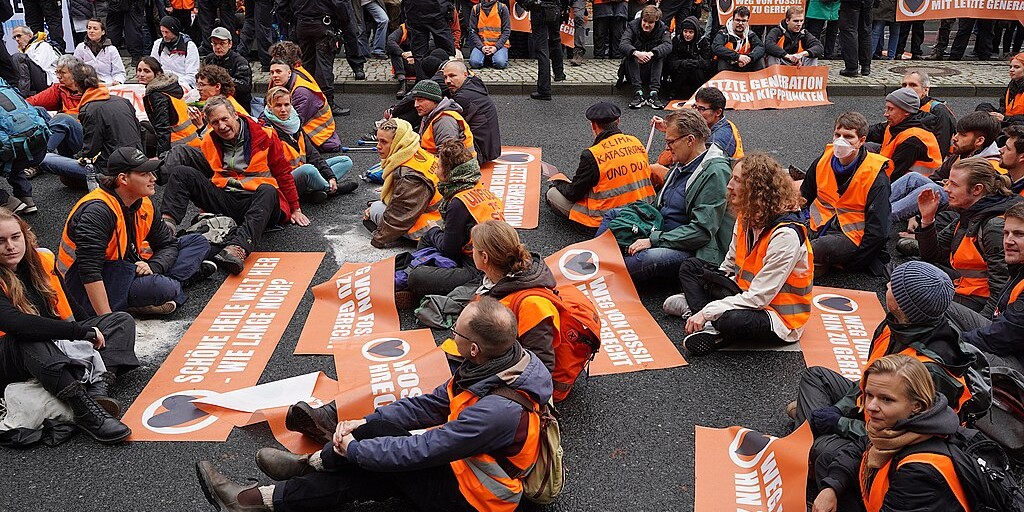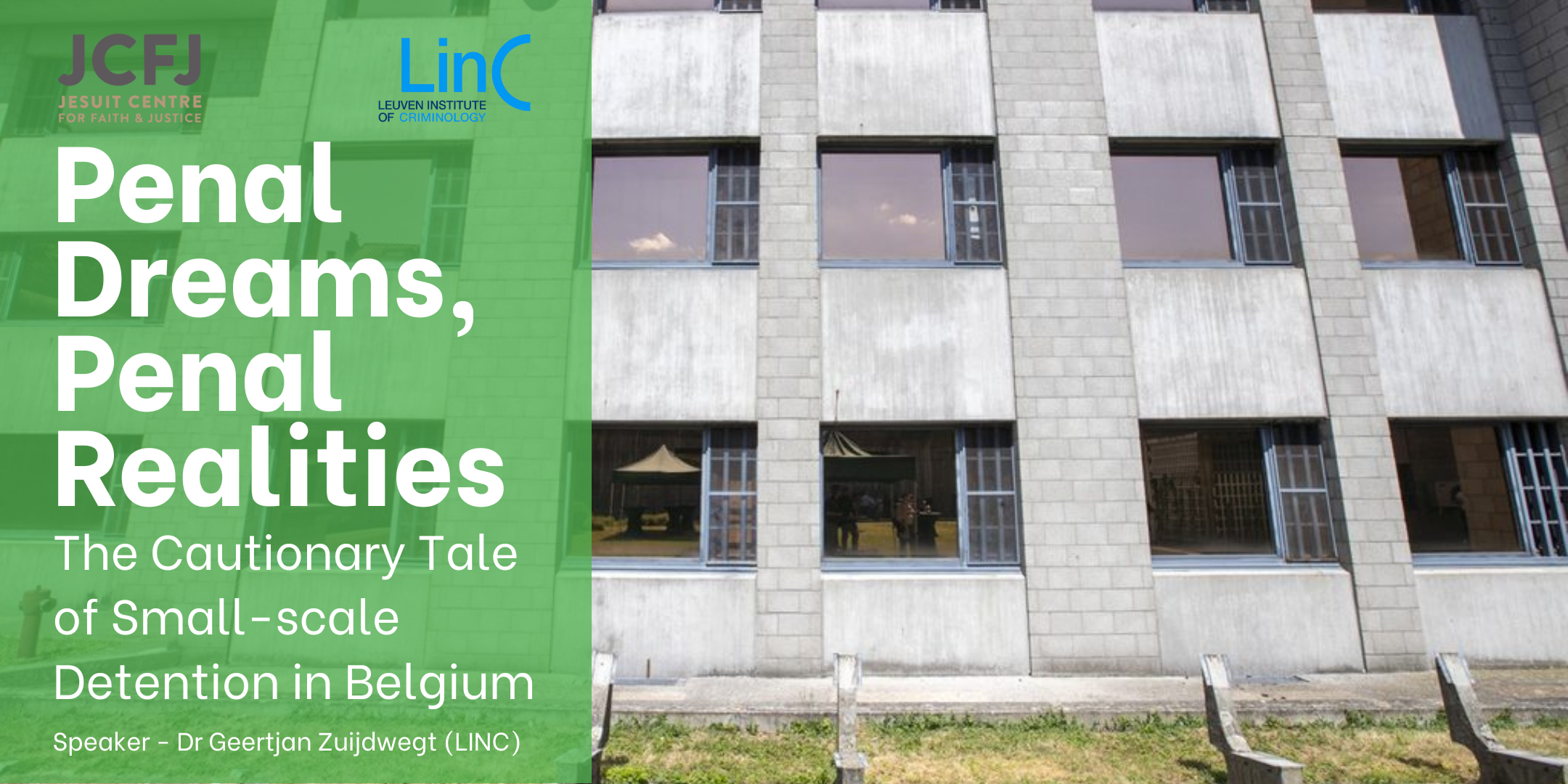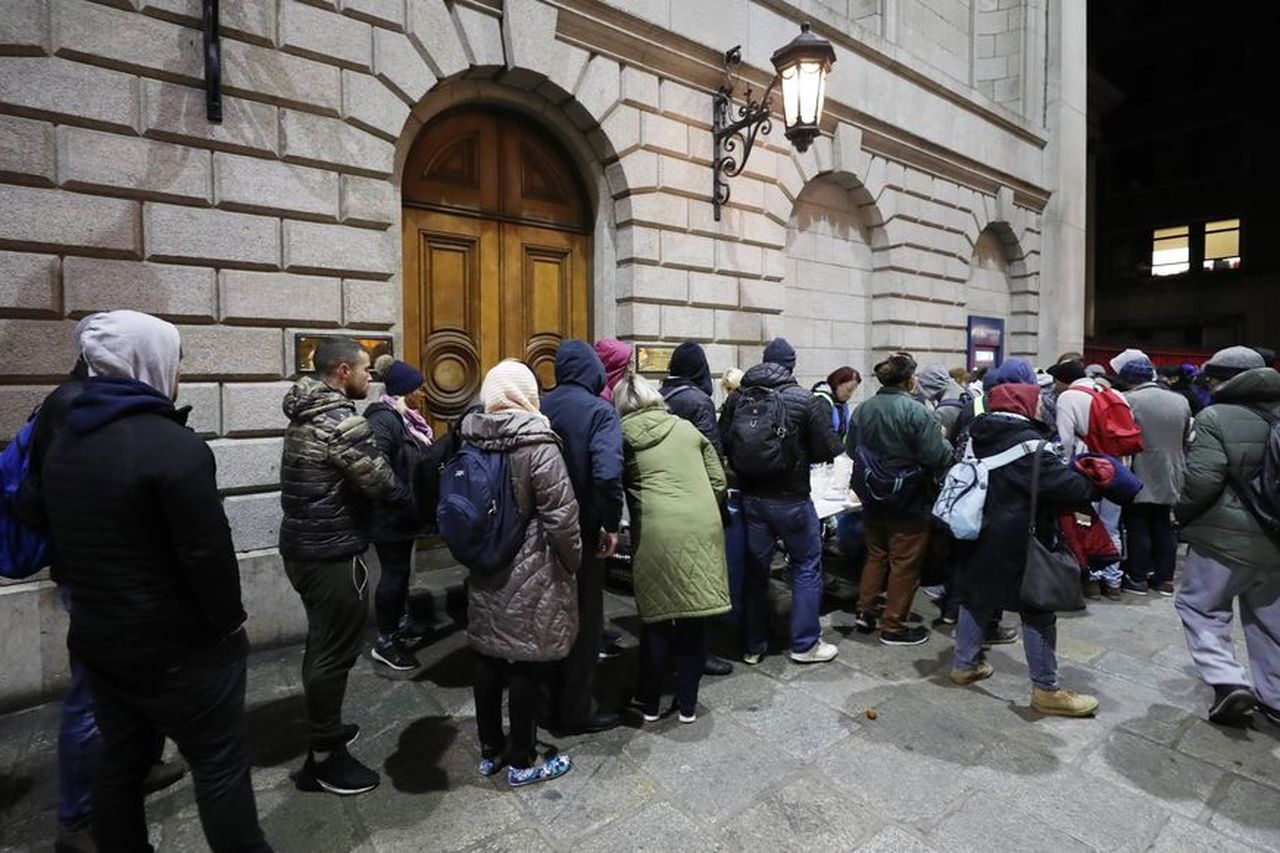
Prison Has No Waiting List
Those caught in this situation are often too unwell to stand trial, condemned to spend an indeterminate time in an overcrowded prison. Prisons, which have a deleterious effect on those with stable mental health, exacerbate the rapid fraying of a person’s mind. It is not too much to draw an equivalence to torture.










